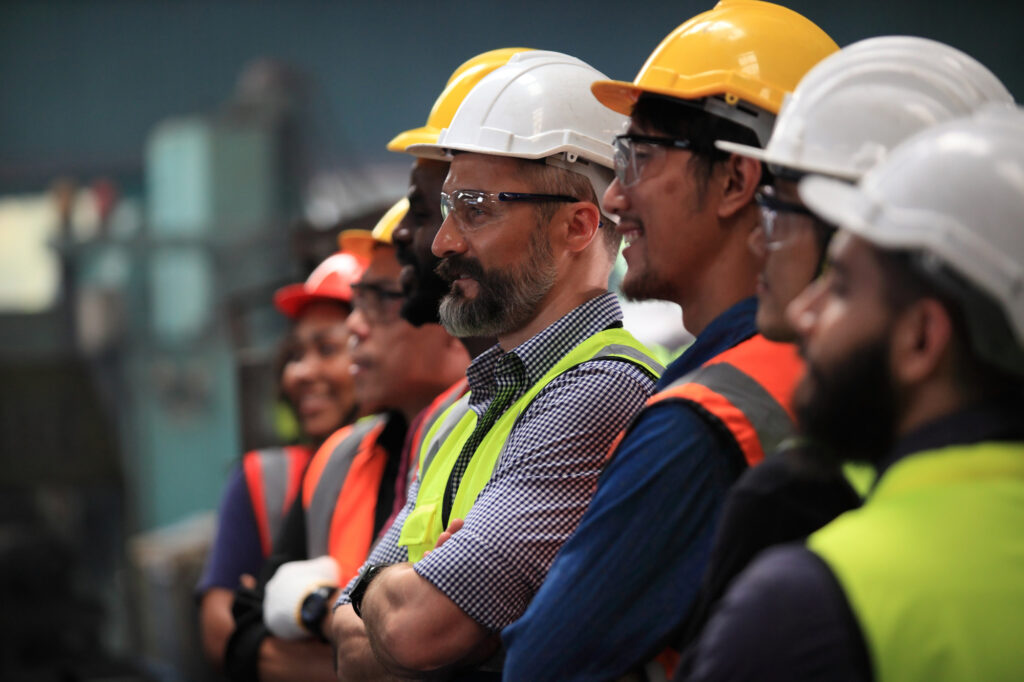
When it comes to employment in manufacturing, workers have been in the catbird seat recently. The skills gap, the pandemic and resulting supply chain disruption, and the aging out of skilled tradesmen have combined to lead to serious labor shortages. Workers responded by demanding higher wages and better conditions.
Some manufacturers fought back by relying more on automation to control labor costs.But the CHIPS Act and the Inflation Reduction Act are encouraging manufacturers to keep trying to expand.
So it could go either way.
Here are some key considerations:
- Technology and Automation: The manufacturing industry has been undergoing significant technological advancements, leading to increased automation and the integration of Industry 4.0 concepts. While this has improved efficiency and productivity, it has also impacted the nature of jobs in the sector. There is a growing demand for workers with skills in robotics, artificial intelligence, data analytics, and other advanced technologies.
- Skill Requirements: Modern manufacturing jobs increasingly require a higher level of technical expertise. Skilled workers who can operate and maintain sophisticated machinery, troubleshoot technical issues, and adapt to new technologies are in demand. Therefore, individuals with relevant education and training in engineering, technology, and related fields may have better prospects.
- Global Supply Chain Dynamics: The manufacturing industry is part of a global supply chain. Factors such as geopolitical events, trade policies, and disruptions (e.g., the COVID-19 pandemic) can impact the industry’s growth and employment opportunities. Companies may reassess their supply chain strategies, which can influence the distribution of manufacturing jobs globally.
- Reshoring and Onshoring: Some regions, particularly in response to supply chain vulnerabilities exposed during the pandemic, have shown interest in reshoring or onshoring manufacturing activities. This could potentially lead to increased employment opportunities in certain areas.
- Green Manufacturing and Sustainability: There is a growing emphasis on sustainable and environmentally friendly manufacturing practices. Jobs related to green manufacturing, renewable energy, and resource efficiency are likely to see increased demand as companies focus on reducing their environmental impact.
- Policy and Economic Factors: Government policies, economic conditions, and incentives for manufacturing industries can also play a significant role in shaping employment prospects. Policies that support research and development, workforce training, and infrastructure development can positively impact the manufacturing sector.
- Supply and Demand in Specific Sectors: The demand for manufactured goods varies across different sectors. Emerging industries, such as electric vehicles, renewable energy, and biotechnology, may drive job growth in specific manufacturing niches.
- Whether you’re tightening your belt or scouring the area for new workers, we can help with all your Rexroth industrial motion control systems. Contact us now for immediate assistance.
